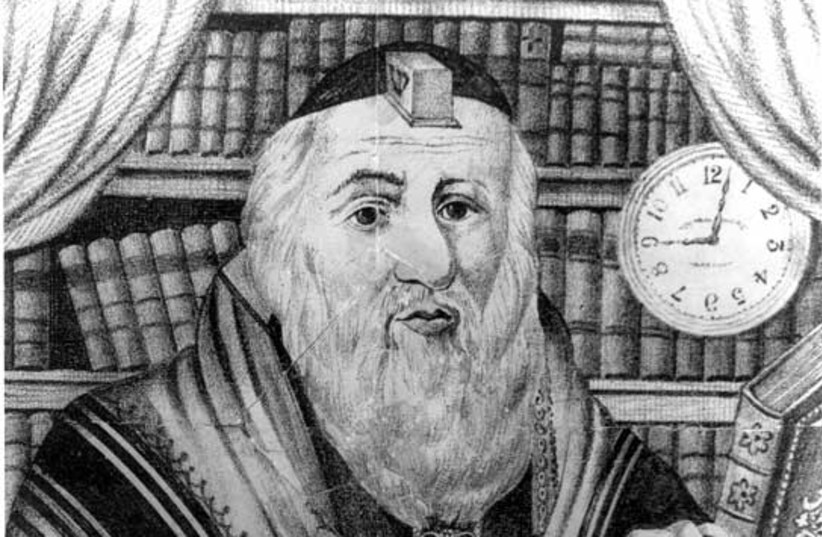Oct. 18, 1966:
Yad Vashem recognized Geertruida (Truus) Wijsmuller-Meijer as a Righteous Among the Nations for her courageous efforts to save thousands of Jewish children from certain death at the hands of the Nazis. Every week from December 1938 through May 1940, she arranged for 500 children to leave the Dutch port of Hoek van Holland, bound for England. The last transport left Holland on the day it surrendered to the Wehrmacht.
Oct. 19, 1943:
Treblinka, one of the largest extermination camps, was dismantled and closed after the operation to destroy all evidence of mass murder was complete. Approximately 900,000 Jews were killed there.
Tishrei 18, 5572 (1811):
Yahrzeit of Rabbi Nachman, one of the most original thinkers to have emerged from the hassidic world, founder of the Breslov Hassidim, philosopher, author of The Thirteen Tales and Likutei Moharan. Every year on Rosh Hashanah, tens of thousands of Jews travel to Uman (Ukraine) to pray at his gravesite. “All the world is a narrow bridge – but the main thing is not to be afraid.”
Tishrei 19, 5558 (1797):
Yahrzeit of Rabbi Eliyahu Kramer, known as the Gaon (genius) of Vilna, the outstanding Talmudic personality of the 18th century. At age three, he already knew the entire Bible by heart, and legend has it that by age 12, he was able to Kabbalistically create a golem (life out of formless mass). He was known to have slept only two hours per day, in six 20-minute intervals. He wrote more than 70 commentaries on all the classical Jewish works – Bible, Talmud, Code of Jewish Law, plus various Kabbalistic works. He was also a renowned expert in mathematics and astronomy. He set out for Israel in 1783, but for unknown reasons did not attain his goal. However, he encouraged his disciples to make the move, and in 1809 a group of 70 became pioneers of modern settlement in Israel.

Oct. 22, 1948:
The Egyptian warship Emir Farouk, which had anchored outside of Tel Aviv harbor in an attempt to blockade rearming during the truce, was sunk by three armed motorboats under the command of Paul Shulman, an American Navy officer who volunteered during the War of Independence.
Oct. 23, 1958:
Boris Pasternak won the 1958 Nobel Prize for Literature for his novel Doctor Zhivago, which was published abroad in 1957 but was suppressed in the Soviet Union. He was forced to decline the award, but after Russian president Mikhail Gorbachev finally allowed the “great novel of the Revolution” to be published in 1988, Pasternak’s son accepted the prize on his father’s behalf in 1989.
Oct. 24, 1784:
Birthday of Sir Moses Montefiore, Sheriff of London and philanthropist who greatly aided the Jewish community in pre-state Israel to become self-sufficient. He founded numerous agricultural settlements and the first Jewish quarter outside the Old City walls – Mishkenot Sha’ananim. He also added the top levels of the Western Wall to prevent Arabs from throwing garbage and stones on Jews praying there, and he rebuilt Rachel’s Tomb.
The above is a highly abridged weekly version of Dust & Stars. To receive the complete newsletter every day with all the events and remarkable Jews who have changed the world: dustandstars.substack.com/subscribe
